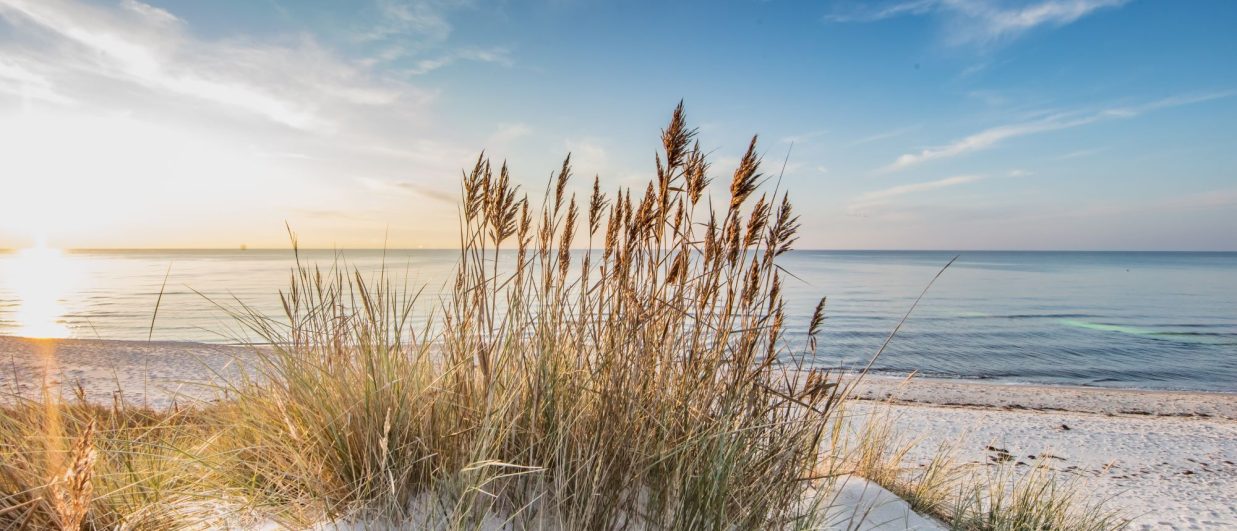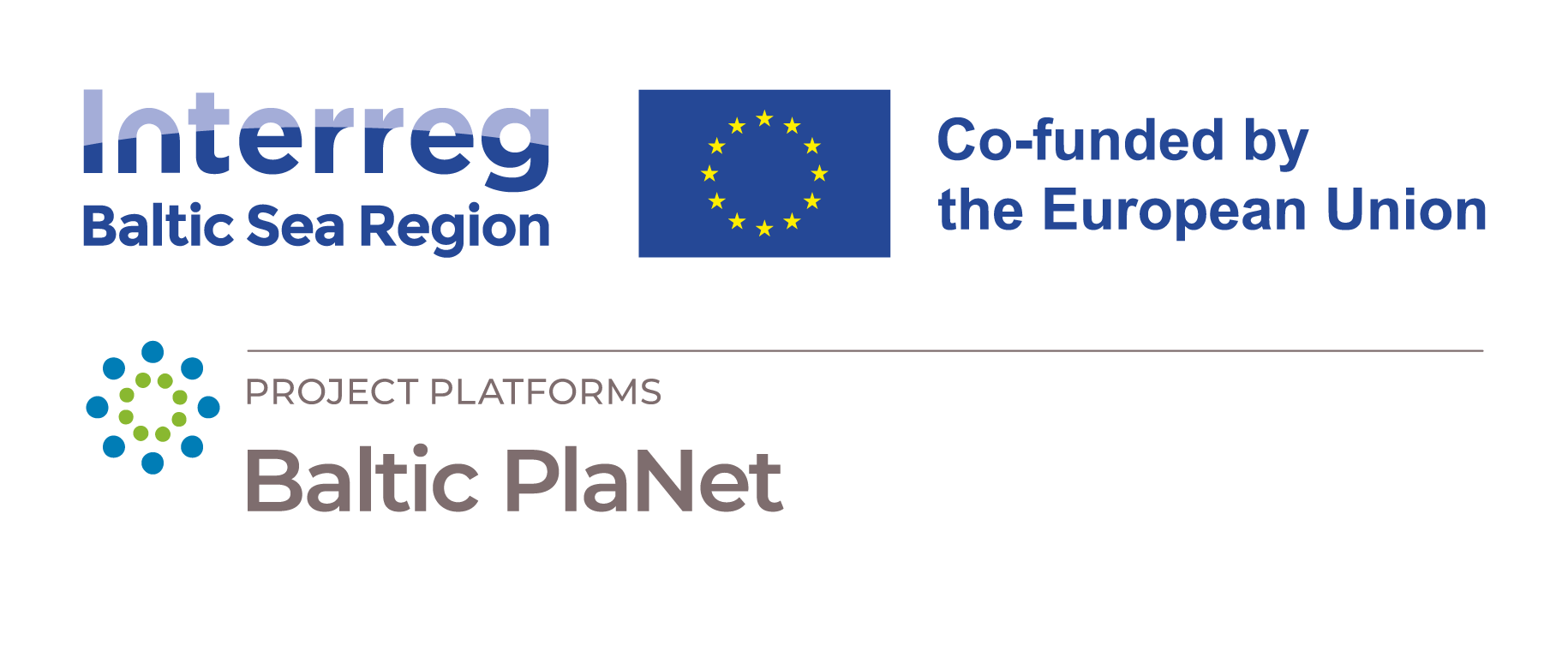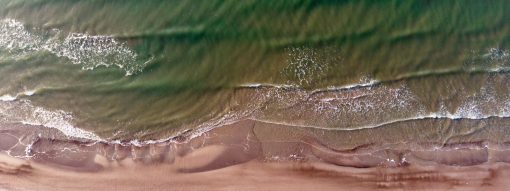Baltic PlaNet
Project platform Baltic PlaNet – Baltic Climate-Resilient Coastal Planning Network
The Baltic PlaNet project platform brings together coastal municipalities to unify their responses to extreme weather events through joint spatial planning, offering practical tools, training, and peer exchange to protect natural and urban areas. Baltic PlaNet consolidates outcomes from 12 EU funded projects.
More information about the project: https://interreg-baltic.eu/project/baltic-planet/
Interreg Baltic Sea Region Programme 2021-2027
Priority:4 Cooperation governance
Objective: 4.1 Project platform
Contributing to 1.2 Responsive public services
Project lifetime: 1 July 2025 – 30 June 2028
Total project budget: € 1,200,000.00
Project objectives:
- The project aims at increasing municipal authorities’ capacities to integrate extreme weather events considerations into their spatial planning, while preserving natural and urban environments.
- Through a range of tools and resources from 12 projects, such as the Sea2Land Navigator and Beach-SOS adaptation pathways, MSP-Green Recommendations, building on existing and evolving networks, cooperations, and collaborative approaches (including results from projects such as PASPS, eMSP NBSR, NESBp, Planners’ Forum, ClimaResponse and MoRE), the platform assists coastal municipalities in assessing climate risks, identifying vulnerabilities, and developing effective adaptation strategies through collaboration.
- By fostering collaboration and knowledge sharing among stakeholders, including policymakers, practitioners, and experts, the platform enhances capacity building and promotes innovative solutions.
- The platform builds a strong network of stakeholders across the Baltic Sea Region, facilitating cooperation and sharing of best practices.
- It provides targeted support to municipalities in addressing specific climate challenges and implementing sustainable development initiatives.
- Leveraging existing knowledge and expertise, the Baltic PlaNet platform significantly contributes to the resilience of coastal communities in the BSR.
Lead partner:
Helmholtz-Zentrum Hereon GmbH, Germany
Project partners:
HELCOM/ Baltic Marine Environment Protection Commission
Ministry of Smart Administration and Regional Development, Latvia
VASAB Secretariat
Kurzeme Planning Region
Tallinn University, Estonia
Lääne-Harju Municipality, Estonia
The Association of Sea Cities and Municipalities, Poland
Associated organisations:
Union of the Baltic Cities (UBC)
Vidzeme Planning Region, Latvia
Foundation for Environmental Education
Saulkrasti Municipality, Latvia
Council of the Baltic Sea States
Riga Planning Region, Latvia
Ministry of Regional Affairs and Agriculture, Estonia
VASAB Contacts
Aksels Ruperts, Project Manager
Phone: +371 27767659
E-mail: aksels.ruperts@vasab.org
Liene Strazdiņa, Communication Expert
Phone: +371 29703572
E-mail: liene.strazdina@vasab.org
Jana Laiviņa, Project Coordinator & Office Manager
Phone: +371 26221900
E-mail: jana.laivina@vasab.org
VASAB tasks in the project
VASAB leads project’s work package 3 “Knowledge sharing and capacity buuilding”, which:
- Fosters collaboration by prioritising knowledge sharing and capacity building among spatial planners at all governance levels, researchers, and pan-Baltic organisations in line with the EUSBSR framework.
- Establishes a robust stakeholder network in the BSR, facilitating cooperation and the sharing of good practices.
- Creates pathways for integrating project results into decision-making processes, ensuring that public authorities and organisations across the BSR can effectively utilise insights and tools to address climate challenges.
- Aims to build a mutual understanding of the possible impacts of climate change on BSR coastal territories and to prioritise climate change adaptation in stakeholders’ agendas
Work package 3 in details:
|
Activity: Communication and outreach plan |
⇒ |
Deliverable: Stakeholder engagement plan |
Strategy and action plan to foster active engagement and sustained collaboration among diverse stakeholders in BSR:
|
|
|
Activity: Awareness and knowledge sharing programme |
⇒ |
Output: Awareness and knowledge sharing network |
Learning, knowledge exchange, capacity building products:
|
|
| Activity: Dialogue and network for climate resilience government |
⇒ |
Aligning climate action: a policy brief for the Baltic Sea Region |
|
Project is financed with the contribution of the Interreg Baltic Sea Region


